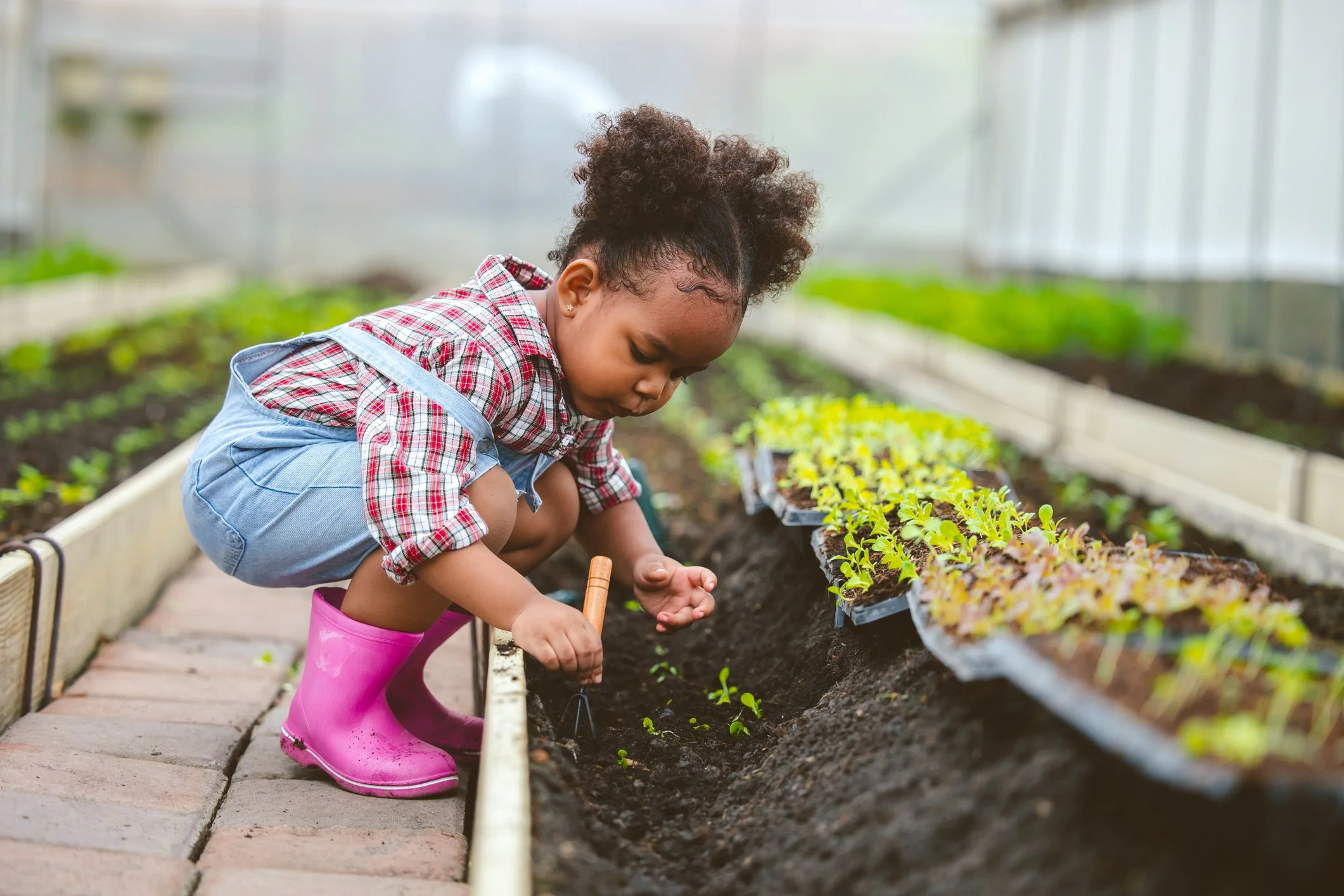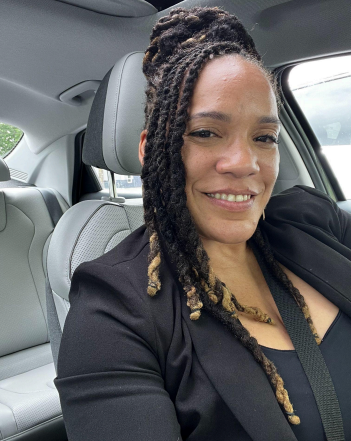The Concept of a Black Home
If you have Black children, you are a Black household.
This seems straightforward, but most people reading this will immediately resist that description. If you pause a little longer, you might realize something crucial: if your children are Black and your household doesn't actively understand and engage with issues that uplift or impact the Black community, you're effectively leaving your child to navigate that terrain alone.
There's a razor-thin line between othering your child and truly accepting the reality that your entire household is affected by what affects them.
If you're a non-white parent who doesn't understand society's impact on Black children, this understanding is imperative. It's not enough to simply know the statistics—the likelihood that your child could (and most likely is) experiencing racism in school, extracurricular activities, or while engaging with social systems as basic as riding the city bus.
What's imperative is navigating the nuances of such ignorance with a deep radar for being gaslit and dismissed back into your comfort zone. If your gut is telling you something is off, it is off. If racism wasn't in your top two explanations, double-check whether you're avoiding what has been normalized in your world—not necessarily the world your child experiences daily.
If you find yourself asking, "Could it really be...?" It could. And most likely, it is.
What This Looks and Sounds Like
The manifestations are countless:
Assumptions about behavior leading to predictions of "nefarious pathways"
Presumptions about likelihood and capability
Adults showing apparent lack of experience with Black children, then either refusing accountability or using "not knowing" as justification for inaction
Absence of dialogue around the impact of cultural, racial, and ethnic experiences in our society
Describing appearance with coded, generally negative words: "wooly," "frizzy," "little monkey," "hyper," "loud" (when referring to excitement or energy)
Labeling children as "different" when the real issue is adults' lack of exposure to Black children
I could go on. They can go on as well.
Some of these incidents might seem "silly" to address. However, your position should align with your child's experience, not your own understanding of it. It's crucial that your child isn't taught to comply just to get along.
Every issue that affects a Black person must fully affect your household. Without this perspective, you effectively leave your child alone to address the fear and, ultimately, the shame of their involuntary inclusion in whatever the Black community is being charged with.
Everything charged to the Black community is being charged to yours.
One privilege of being white is that when the white community faces behavioral accusations, it's not charged to the entire community. For example, though most mass shooters are white males, we haven't labeled this demographic as "dangerous when angry and in crowds." Yet any deficit attributed to the Black community—whether an individual act or not—lands as the responsibility and reflection of the group entirely.
Your child is no exception.
Your Essential Role
As parents, your job is to ensure that in a world directed at invalidating your baby's existence, you empower your child with this truth: there is nothing—NOTHING—wrong with how they exist.
Your active commitment to engaging with Black history through the eyes of the Black community is essential. You don't need to be different people. You do, however, need to be well-informed and an active advocate for your child and their community to live unharmed.
Parents are parents—you don't want anything to happen to your precious child. This is precisely why it's imperative to examine which lens you're using when teaching your child how to be in this complicated society.
White parents especially must address their fear of their Black child navigating an aggressive world. (I'll explore this more in a future post.) After consistent work on your own personal experiences, narratives, and conditioning, the short answer is this: don't teach them to fear what being Black means.
There's often a hidden narrative that white parents carry—one that positions their Black child as somehow complicit in persistent stereotypes, or as having innate knowledge about their "racial role." This usually isn't conscious.
There is a solution—many, actually. First and foremost: teach your child a deep understanding of their strength, and of the strength, beauty, and brilliance that is their Blackness, however that presents itself.
This foundation of strength and clarity will prove far more valuable when the day comes that they must stand up for themselves—and that day will come.
The concept of a Black home isn't just about recognition—it's about transformation. It's about ensuring that every child who enters your door knows they belong not just in your family, but in this world, exactly as they are.
Ayisha Elliott is a mother, grandmother, and relational parenting guide who understands the beautiful complexity of raising Black children in today's world. As a mother of three and grandmother of five—currently raising three of her grandchildren—she brings both lived experience and 25 years of professional expertise in relationship-centered approaches to the everyday realities of parenting across generations. From navigating school systems and cultural identity to managing sibling dynamics and travel logistics with children, Ayisha has learned that the same principles that transform organizations can revolutionize family life. As the content producer of the podcast Black Girl From Eugene, award-winning columnist, and sought-after speaker, Ayisha creates authentic conversations about what it means to raise confident, grounded children while honoring their heritage and preparing them for the world as it is. Her unique perspective comes from successfully balancing entrepreneurship with hands-on parenting, traveling internationally with the children she's raising, and understanding that every parenting decision carries both personal and cultural weight. Through her writing and speaking, Ayisha offers practical wisdom, honest reflection, and relationship-building strategies that help Black families thrive—not just survive—in complex times.


